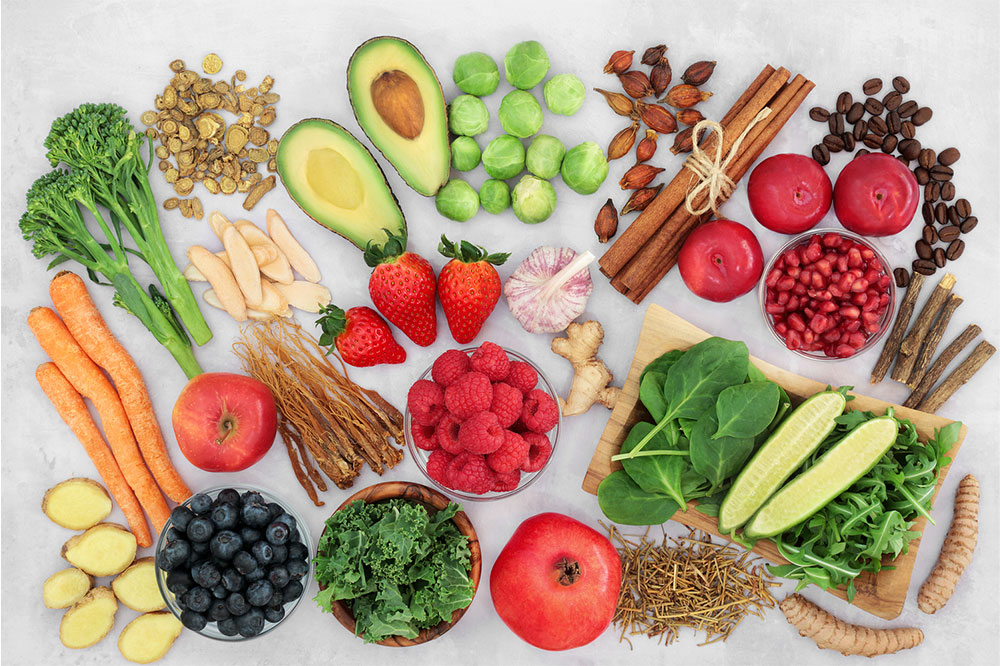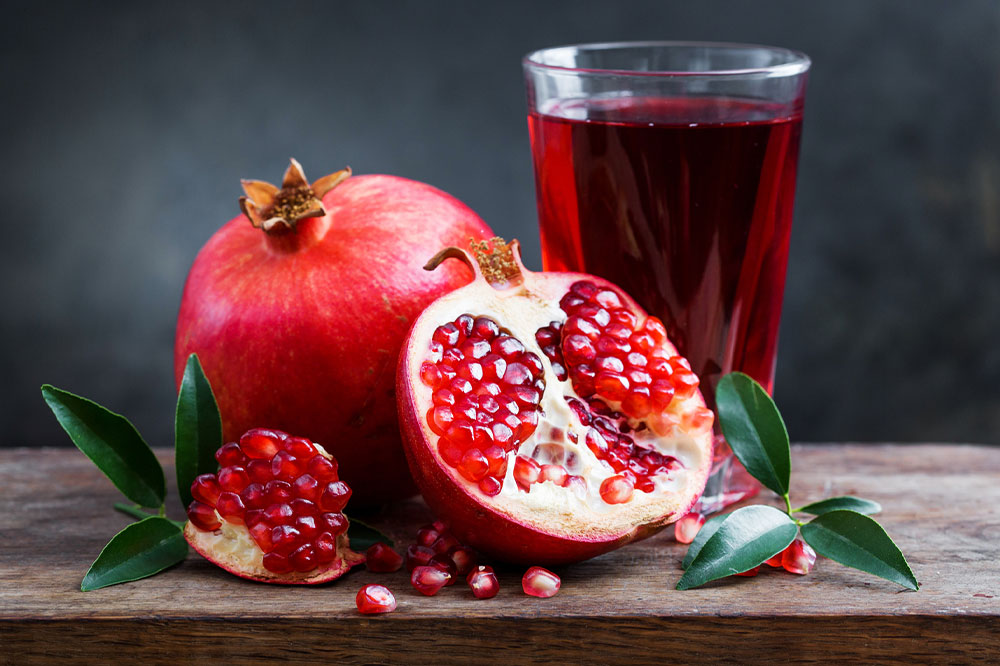Comprehensive Guide: Top 5 Nutritional Strategies to Alleviate Asthma Symptoms Effectively
Discover an expanded guide on how specific foods like apples, citrus fruits, honey, coffee, and flaxseeds can help alleviate asthma symptoms. Learn about their benefits, proper incorporation into your diet, and how they complement traditional treatments. Improve your respiratory health naturally with evidence-based nutritional strategies.

Effective Asthma Management Through Diet: Discover the Top 5 Foods for Symptom Relief
Asthma is a chronic respiratory condition that affects millions worldwide, causing difficulty breathing, wheezing, and coughing. While pharmacological treatments are essential, emerging evidence highlights the importance of dietary choices in managing asthma symptoms. A well-balanced diet rich in specific nutrients can support lung function, reduce inflammation, and decrease the frequency and severity of asthma attacks. This comprehensive guide explores five key foods that can be integrated into your daily nutrition plan to bolster respiratory health and improve quality of life for those living with asthma.
1. Apples: Nature’s Lung Support Powerhouses
Apples are much more than a popular snack; they are incredibly rich in bioactive compounds such as flavonoids, phytochemicals, and antioxidants that have demonstrated substantial benefits for respiratory health. These compounds work synergistically to reduce inflammation and oxidative stress within the lungs, which are common triggers of asthma exacerbations.
Research indicates that regularly consuming apples can help maintain clear airways by supporting the body's natural detoxification processes and reducing mucous accumulation. The antioxidants in apples scavenge free radicals, thus protecting lung tissues from damage caused by environmental pollutants and cigarette smoke. Incorporating apples into your balanced diet can be a simple yet powerful step toward enhancing your respiratory resilience and overall health.
2. Citrus Fruits: Immunity Boosters for Better Lung Function
Citrus fruits, including oranges, lemons, limes, grapefruits, and kiwis, are excellent sources of vitamin C, a potent antioxidant that plays a crucial role in immune defense and reducing airway inflammation. Vitamin C helps prevent oxidative damage caused by airborne irritants and viral infections that can trigger asthma attacks.
Besides vitamin C, citrus fruits contain bioflavonoids which further strengthen immune response and improve lung capacity. These fruits can be consumed fresh, as juice, or incorporated into meals for maximum benefits. Ensuring a sufficient intake of citrus fruits can enhance your body’s ability to resist respiratory illnesses and maintain healthier lungs over time.
3. Honey: A Natural Soothing Remedy
Natural honey has been used for centuries as a remedy for respiratory ailments, including asthma. Its anti-inflammatory and antimicrobial properties can help soothe inflamed airways and reduce cough severity. Honey also acts as a natural expectorant, thinning mucus and easing coughs that often accompany asthma symptoms.
Adding a teaspoon of honey to warm water, herbal tea, or drizzle it over oatmeal can provide ongoing respiratory comfort. However, it is important to note that honey should be used cautiously, especially in children under one year, due to the risk of botulism. Consult with a healthcare professional before incorporating honey into your asthma management routine.
4. Moderate Coffee Consumption: An Unexpected Symptom Alleviator
Caffeine, a natural stimulant found in coffee, has known bronchodilator effects that can aid in alleviating asthma symptoms such as wheezing and shortness of breath. The caffeine molecules work similarly to certain asthma medications by relaxing airway muscles and widening air passages, making breathing easier.
Moderate consumption of coffee (typically one to two cups per day) can provide temporary relief from respiratory constriction. Nonetheless, it should not replace prescribed medications and should be enjoyed responsibly, considering individual tolerance and possible side effects like increased heart rate or sleep disturbances.
5. Flaxseeds and Omega-3 Fatty Acids: Reducing Lung Inflammation
Flaxseeds are rich in omega-3 fatty acids, lignans, and magnesium—all of which possess anti-inflammatory properties that can benefit individuals with asthma. Omega-3 fatty acids help modulate immune responses and reduce chronic inflammation within the lungs, thereby decreasing the severity and frequency of asthma episodes.
In addition to flaxseeds, including other sources of omega-3s such as walnuts, fatty fish like salmon, sardines, and mackerel, as well as nuts, can enhance respiratory health. Regular consumption of these foods supports the body's ability to manage inflammation and maintain healthier lung function over time.
While diet plays a significant role in managing asthma, it is important to work closely with healthcare providers to develop a comprehensive treatment plan. For severe cases, medications such as inhalers are often prescribed, including combination inhalers like Combivent—containing ipratropium and albuterol—which provide rapid relief during acute episodes. Advanced biologic treatments such as Fasenra, Dupixent, and Tezepelumab are also available for patients with severe or uncontrolled asthma, targeting specific immune pathways to prevent attacks and improve breathing capacity.
In conclusion, integrating these top five foods into your daily diet can significantly support respiratory health and complement your existing asthma management routine. Alongside prescribed medications, a diet rich in fruits, natural remedies, and anti-inflammatory nutrients can empower individuals to better control their symptoms, reduce crisis frequency, and enhance their overall well-being. Remember to consult your healthcare professional before making significant dietary changes or starting new supplements to ensure they suit your specific health needs and conditions.





